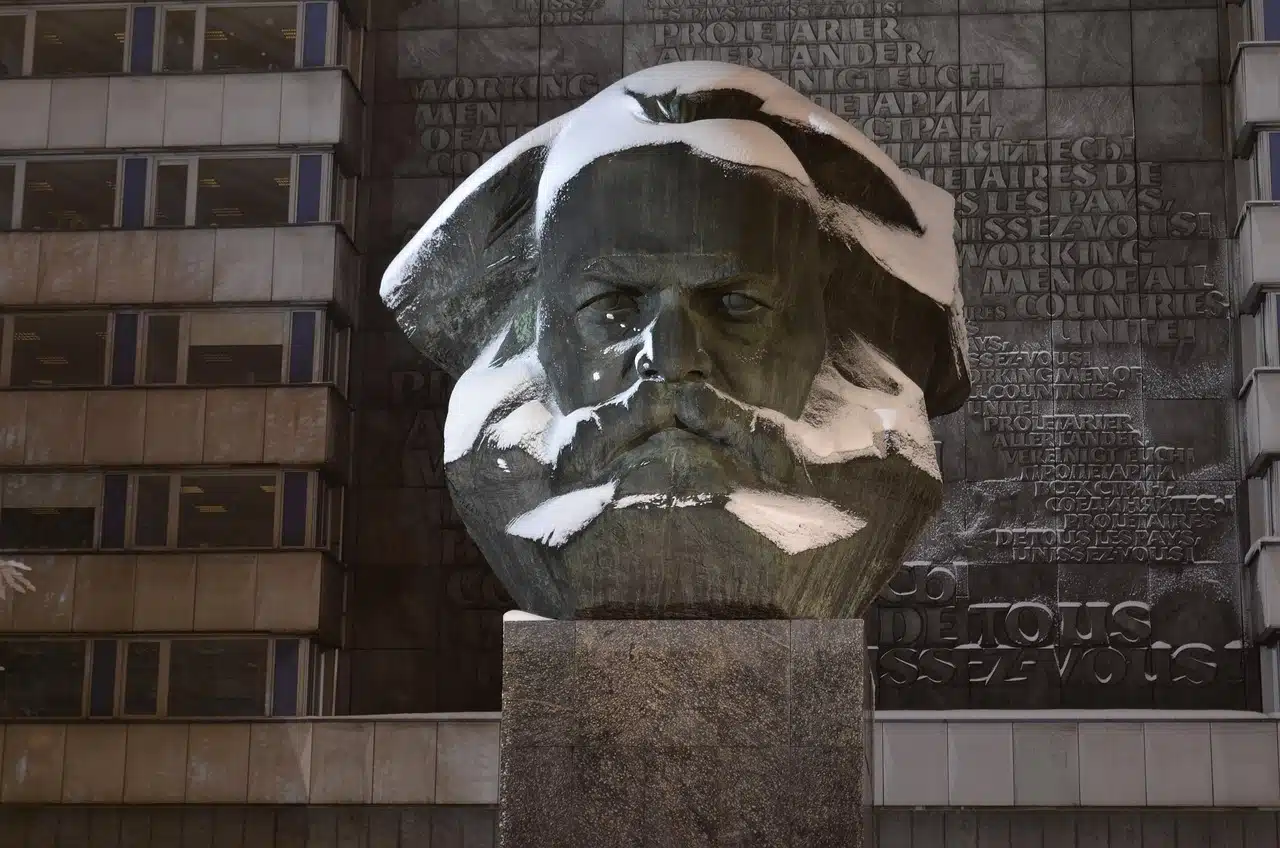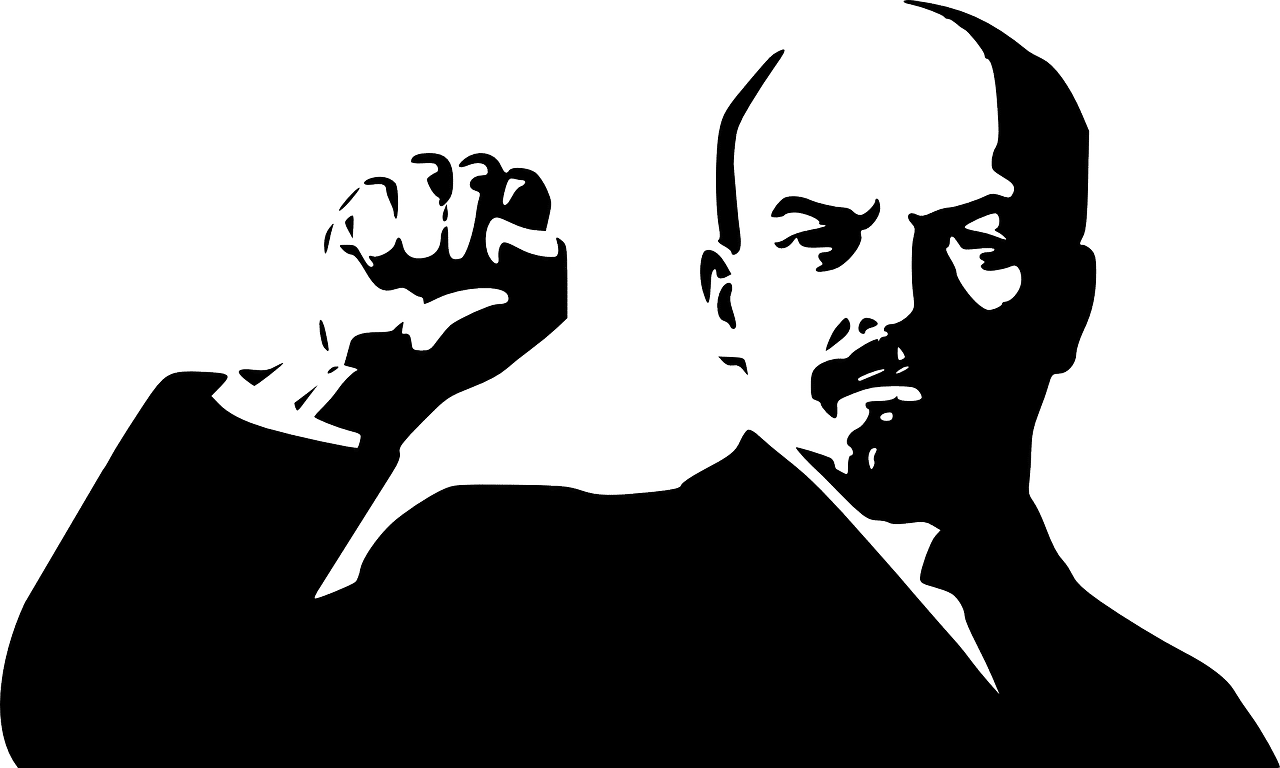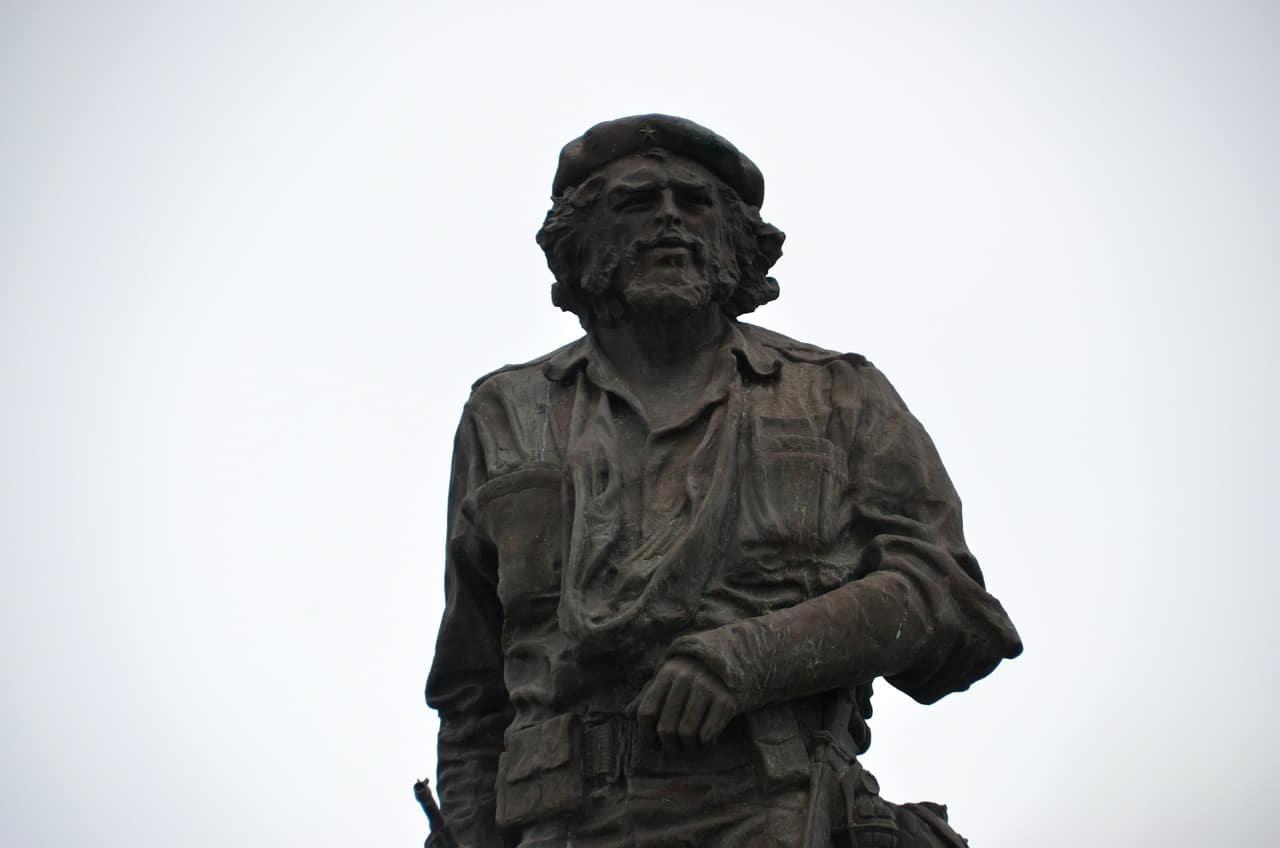
Scientific socialism is associated with Marxism.
Scientific socialism is the branch of the socialist movement that is based on a critical reflection of economic and political history to generate methods and resources that allow us to fight capitalism on a real level and not from a purely theoretical position . Generally, this idea is associated with the precepts proposed by Karl Marx and Friedrich Engels .
Scientific socialism is usually understood in opposition to utopian or pre-Marxist socialism, which did not share the idea of class struggle as a driver of progress and maintained that changes could be achieved without a revolution . In this sense, utopian socialism is that which existed before Marx made his work known, scientific socialism being the consequence of the development of Marxism .
Origin of scientific socialism
The Frenchman Pierre-Joseph Proudhon , philosopher of anarchism, is usually pointed out as the person responsible for coining the notion of scientific socialism. In his book “What is Property?” ( "Qu"est-ce que la propriété?" in French) from 1840 , states that property is always constituted as theft and is antisocial, differentiating it from natural rights such as security and freedom. In this work, he also maintains that scientific socialism is the empire of reason.
It was Marx and Engels who, some years later, advanced historical research about the transitions between different types of society and analyzed the contradictions of the capitalist model , proposing a path for its destruction and replacement by another, more just system.
In this framework, they considered that the reformist theories of utopian socialism were not practicable. Thus, in the "Manifesto of the Communist Party" or "Communist Manifesto" of 1848 they laid the foundations of Marxism and their vision of scientific socialism, defining historical materialism , emphasizing class struggle and calling for revolution .

Marxism-Leninism is based on scientific socialism.
historical materialism
The Marxist way of understanding history is called historical materialism . It emerged as a reinterpretation of Hegelian dialectics , which focused on the spirit as a historical determinant, pointing out that reason is subordinated to material realities.
For historical materialism, history does not advance through ideas, but is driven by class confrontation and the contradiction between the relations of production and the productive forces in capitalism.
According to Marx , human beings establish social bonds that do not depend on their will, but are tied to the relations of production corresponding to a specific stage of the development of the material forces of production. These relationships give rise to an economic infrastructure that supports the political and legal superstructure of society . By extension, for historical materialism the way in which material life is produced determines social and even spiritual life.
Dialectical materialism was derived from historical materialism, which took the thoughts of Marxism-Leninism (the side of Marxism promoted by Vladimir Lenin , one of the leaders of the Russian Revolution of 1917 ). For dialectical materialism, matter is independent of the spiritual and has preponderance over it. The world, in this context, can be known from its material nature.
Scientific socialism and class struggle
The study of history through historical materialism is the scientific method that, according to Marxism, turned socialism into a science : scientific socialism. This vision considers that social changes are an effect of class struggle and that the only way to end the exploitation of capitalism is through a revolution with the proletariat as the protagonist.
In capitalist society, for scientific socialism, there are two antagonistic classes: an oppressed class (the proletariat ) and a dominant class (the bourgeoisie ). The members of both classes maintain production relations , conditioned by the ownership of the means of production .
These means of production (natural resources, tools, machinery, money, etc.) are in the hands of the bourgeoisie. Not having the means of production, the proletariat is forced to sell its labor power in exchange for a salary to survive. This situation produces alienation in the worker.
The salary, in turn, does not cover all the value that the worker creates with his work: there is a surplus value that is appropriated by the bourgeois. The relations of production, then, are relations of exploitation . The class struggle led by exploiters and oppressed drives social changes.
All of these principles were examined and described by Marx in "Capital" ( "Das Kapital" in German). According to Marxism, with the development of class consciousness the contradictions of capitalism are exposed, with which the proletarian revolution can be promoted.
This revolution would allow the bourgeoisie to lose power and begin the phase of the dictatorship of the proletariat , with the workers in charge of the State and controlling the means of production. This is the stage prior to the overthrow of capitalism through the socialization of the productive means , which would lead to the existence of a society without distinction of social classes: that is, a communist society .

For scientific socialism, the proletarian revolution is the way to end capitalism and build a classless society.
The socialist revolutions
Throughout history, several socialist revolutions were successful in different parts of the world. The established regimes, however, were far from coinciding with the theories of scientific socialism as analysts usually state.
The Russian Revolution , which led to the fall of Tsarism and allowed over the years the creation of the Union of Soviet Socialist Republics ( USSR ), had very different references, such as Lenin , Leon Trotsky and Joseph Stalin . The Soviet regime included the shooting of opponents and the subjugation of millions of people in forced labor camps of the Gulag (the General Directorate of Correctional Labor Camps and Colonies ), especially during Stalinism . The USSR finally disintegrated in 1991 .
In China , Mao Zedong developed Maoism , a version of Marxism- Leninism that gives a predominant role to peasants in the revolution. Mao created the Communist Party of China and established a communist dictatorship with the founding of the People's Republic of China, which now has more than half a century of history.
Ho Chi Minh , meanwhile, promoted the Vietnamese Revolution and managed to establish a socialist State in Vietnam . Fidel Castro , Che Guevara , Camilo Cienfuegos and other guerrillas achieved the same thing with the Cuban Revolution that triumphed in 1959 .
